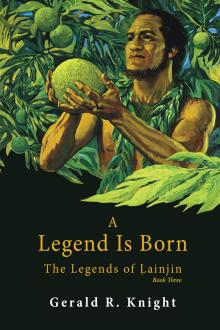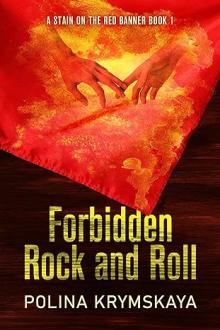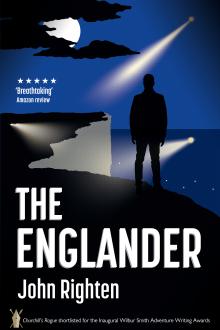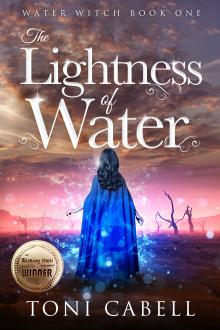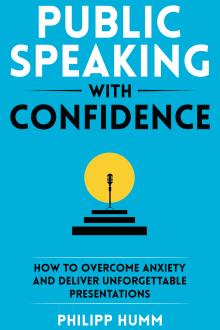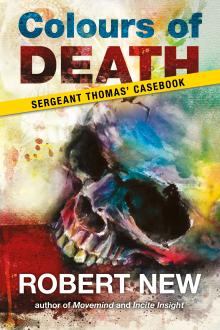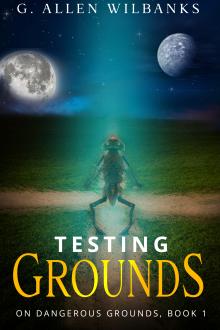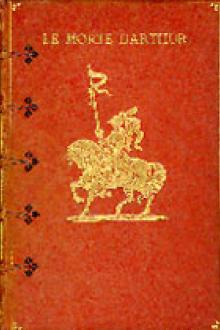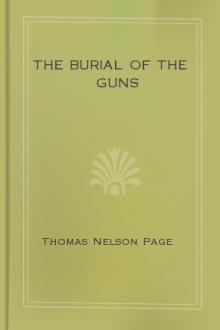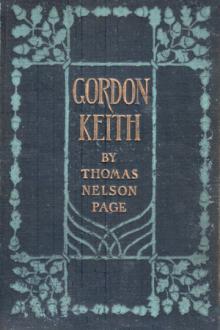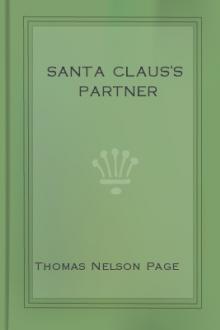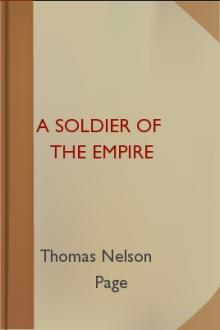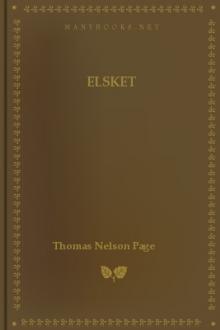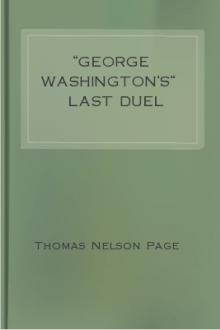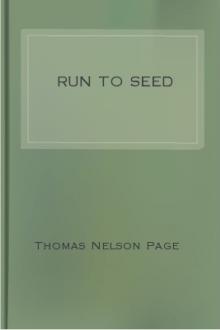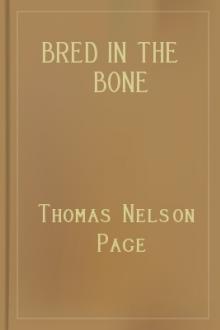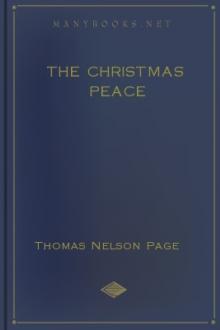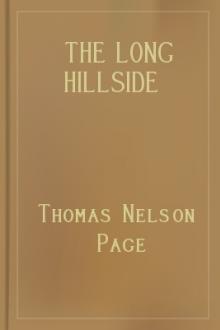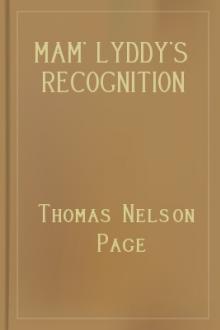The Spectre In The Cart
The Spectre In The Cart
Book Excerpt
ur mother--I learnt a heap o' things from her,' he added, presently, after a little period of reflection. 'She was the lady as used always to have a kind word for me when I was a boy. That 's a heap to a boy. I used to think she was an angel. You think it 's you I'm a fightin' for in this canvass? 'T ain't. I like you well enough, but I ain't never forgot your mother, and her kindness to my old people durin' the war when I was away. She give me this handkerchief for a weddin' present when I was married after the war--said 't was all she had to give, and my wife thinks the world and all of it; won't let me have it 'cept as a favor; but this mornin' she told me to take it--said 'twould bring me luck.' He took a big bandana out of his pocket and held it up in the moonlight. I remembered it as one of my father's.
"'She 'll make me give it up to-morrow night when I git home,' he chuckled.
"We had turned into a road through the plantations, and had just come to the fork where Halloway's road
FREE EBOOKS AND DEALS
(view all)Popular books in Short Story, Ghost Stories, Fiction and Literature
Readers reviews
1.0
LoginSign up
"Then happened one of those fatuous things that have led to the detection of so many negroes and can almost be counted on in their prosecution. Joel took a handkerchief out of his pocket and wiped his face, and as he did so I recognized the very handkerchief Halloway had shown me the night before ..."
It is lines like that that earn this story its 1-star rating. Perhaps, at one time, "The Spectre In The Cart" had its defenders when it came to a supposedly sympathetic tale of post-Civil War race relations, as told by a white lawyer whose quest for "hang 'em high" justice makes sure that "an old darky named Joel Turnell" and his son, Absalom (a drunken agitator, we are told, who is the real cause of ill will between the local "whites and negroes") both come to horrific ends at the hands of a white lynch mob. While there are hardly any ghosts in this ghost story, the author's use of black Southern speech does appear to be lifted from minstrel shows. I cannot tell whether Page's quip about self-incrimination (the handkerchief is the only evidence that links Joel to a murder, which he steals because he just cannot help himself) is suppose to be played for laughs or whether the author truly believes what he is writing. Either way, the narrator, Stokeman, is no Atticus Finch, and Thomas Nelson Page is no Harper Lee.
It is lines like that that earn this story its 1-star rating. Perhaps, at one time, "The Spectre In The Cart" had its defenders when it came to a supposedly sympathetic tale of post-Civil War race relations, as told by a white lawyer whose quest for "hang 'em high" justice makes sure that "an old darky named Joel Turnell" and his son, Absalom (a drunken agitator, we are told, who is the real cause of ill will between the local "whites and negroes") both come to horrific ends at the hands of a white lynch mob. While there are hardly any ghosts in this ghost story, the author's use of black Southern speech does appear to be lifted from minstrel shows. I cannot tell whether Page's quip about self-incrimination (the handkerchief is the only evidence that links Joel to a murder, which he steals because he just cannot help himself) is suppose to be played for laughs or whether the author truly believes what he is writing. Either way, the narrator, Stokeman, is no Atticus Finch, and Thomas Nelson Page is no Harper Lee.
- Upvote (0)
- Downvote (0)
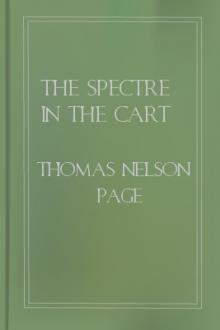
 Free Download
Free Download